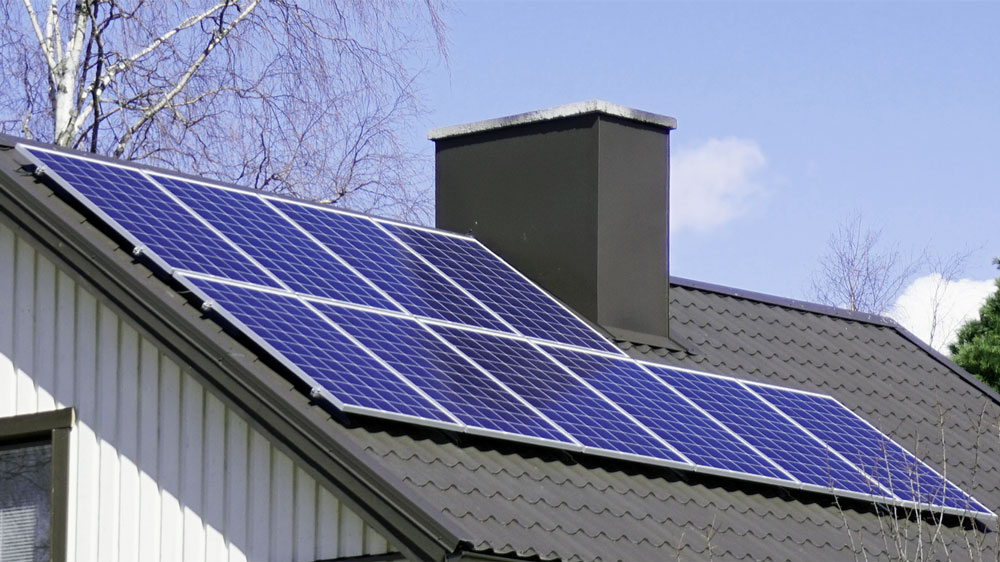European businesses to become renewable self-consumers
Ten of Europe’s major energy intensive companies urged European policy makers to set up the right framework for industrial and commercial self-consumption of energy, ahead of negotiations on the Renewable Energy Directive on 31st May. Signatories including ArcelorMittal, BayWa r.e., DSM, Dupont, ENI, Novozymes, Total, Shell, Voestalpine and Wacker Chemie have underlined the necessity for the Directive to encourage European businesses to become renewable self-consumers.
Renewable self-consumption enables large energy consumers in the refining, chemicals, steel, biotech and other EU energy intensive industry sectors to secure a supply of clean electricity. It also supports them to increase their competitiveness by reducing energy costs, while contributing towards the achievement of national climate and renewable energy targets.
According to a joint declaration issued by the parties, industrial and commercial consumers account for around half of Europe’s electricity consumption today. Renewable self-consumption enables large energy consumers in the IT, chemicals, steel, aluminium, glass, concrete and many other energy intensive industries to secure a supply of clean electricity at a competitive price. Renewable self-consumption can also drive energy cost reduction and support the competitiveness of Europe’s large SME base, improving their profitability and security of energy supply. Renewable self-consumption is an important tool supporting European industries to achieve their carbon reduction commitments, while supporting Member States to achieve their climate & renewable energy targets. The potential is huge, as alone 67TWh of green electricity supply will have to be developed by 2030, only to satisfy the commitments of the RE100 companies based in Europe. Self-consumption will thus bring forward billions of euros of investment and innovation in clean energy technologies in Europe to the benefit of European industry.
To ensure that these benefits occur in Europe, and in the frame of the current negotiations on Art 21 of the Renewable Energy Directive, signatories of this declaration urge policy makers to enable a stable and transparent framework for industrial and commercial self-consumption.
“All European industrial and commercial consumers should be enabled to become renewable energy self-consumers, by developing projects which have no negative impact due to indirect land use change. Barriers to the development of industrial and commercial self-consumption deprives European businesses from a strong competitive advantage. The Renewable Energy Directive should empower European businesses to self-consume by enabling the development of innovative business models such as leasing, third party ownership, collective self-consumption, renewable Power Purchase Agreements, or the installation of direct lines within industrial and commercial areas.”
The renewable energy industry has created over 500,000 new jobs at global level in 2017, which means an increase by 5.3% compared to 2016, according to data published by the International Renewable Energy Agency (IRENA). The total number of persons hired in this sector reached at the end of last year 10.3 million globally, exceeding the figure of 10 million for the first time. Yet, in Romania renewable energy projects are blocked for now.



